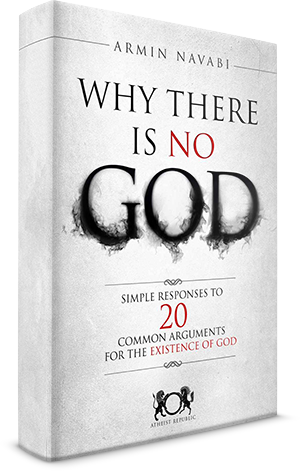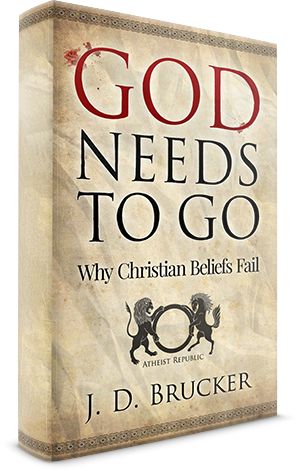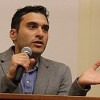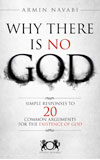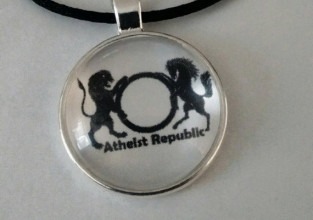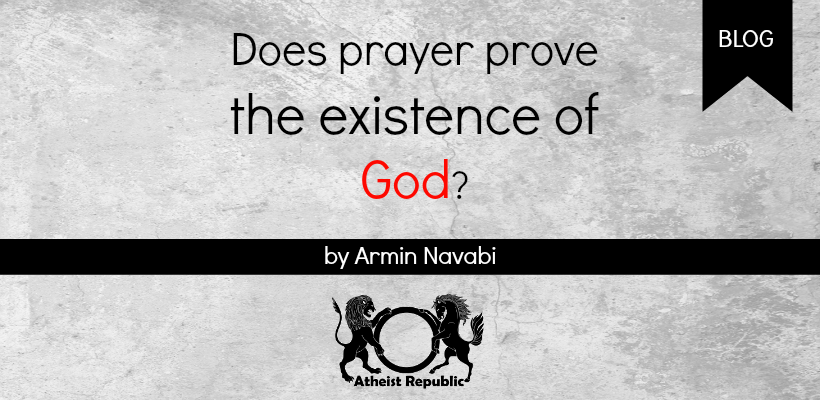
Prayer is an integral part of most religions. The idea that you can communicate your wishes, hopes and fears to an all-powerful god and receive a response is powerfully appealing. Prayer feels empowering. If you can change your world through prayer, then you are transformed from a helpless victim of circumstance into an active participant in your life. However, if prayer did not actually work, this empowerment would be nothing more than an illusion or placebo effect. Worse, this illusion could be actively harmful if it were to prevent a person from taking a different action that might actually have a proven effect on a given situation.
Proving the efficacy of prayer is actually a fairly straightforward task. To establish a cause-and-effect relationship, you could create an experiment to isolate prayer as a variable and chart whether prayer had any positive effect on the outcome of a situation. As it turns out, scientists have done precisely this.
A study of heart patients in 6 separate hospitals sought to determine whether prayers from strangers would have any effect on a person's recovery (1). After carefully following the recovery of 1,800 heart surgery patients for 30 days after the surgery, researchers found absolutely no link between prayer and recovery. However, there was a significant difference between those who were aware of the fact that they were being prayed for and those who did not know. Those who knew ended up suffering more complications, possibly due to the additional stress it caused. Being told that a high number of people are praying for your recovery might increase how severe you would perceive your illness to be and thus negatively affect your recovery. To date, there have been no reputable scientific studies showing any clear link between prayer and healing.
Confirmation Bias
Of course, despite the lack of scientific evidence to support the efficacy of prayer, many people continue to insist that prayer has affected their own lives. These claims are difficult to refute because they rely on anecdotal evidence. Anecdotal evidence is basically any claim that says, "This is true because it happened to me or someone I know." While it may be true that the event occurred, anecdotal evidence does nothing to explain why or how it happened, which is why anecdotal evidence is of little use in science.
In any case where a person claims the healing power of prayer, it's important to look at all other possible explanations. If you have a headache, you might take an aspirin and pray for it to go away. When the headache clears, how can you know which actions, if any, were responsible? You would need to study the effects of one without the other to know the effect of each. One would also need to study these effects across a wide sample size to ensure that enough data is collected and the same effect occurs every time.
When considering the case of prayer's efficacy, you would need to avoid confirmation bias. Confirmation bias occurs when you record and remember events that confirm with your views and ignore or rationalize the times it didn't (2). By seeking out evidence that supports your beliefs and ignoring or downplaying evidence that might disprove views that you already agree with, you present a skewed image of reality.
The Self Contradictory Nature of Prayer
When considering the supposed power of prayer, it's important to look at the big picture. Every day, people die, divorce, become disabled, lose their jobs or live in poverty. It's reasonable to assume that many of these people are praying for better circumstances without receiving any divine assistance.
Similarly, consider that many prayers are inherently selfish. While you pray for your niece to get a much-needed heart transplant, someone else is praying for his organ-donor son's life to be spared. Whether you're praying to win a war or a football game, you're also praying for the people on the opposing side to lose. To assume that God is not only personally invested in the minutiae of your life but that your problems are ultimately more important than other problems he may be asked to solve is both selfish and absurd considering the incredible amount of individual problems and concerns of every human on this planet.
Within religious circles, this issue becomes more insidious. Working from the assumption that God is good and hears all prayers, many believers of God offer a few possible explanations for why a prayer is not answered:
- You prayed incorrectly.
- You don't believe hard enough.
- God doesn’t see fit to grant your wish.
Some of these explanations shift the blame onto a person who may already be suffering. If you had simply prayed better or been a better person, bad things wouldn't happen to you. If you're unhappy with your life, perhaps you're just too stupid to understand what’s best for you. The level of potential psychological damage this could inflict on a person is huge, and this kind of emotional torment cannot be justified in the name of an unsubstantiated claim.
In order to sidestep the emotionally painful ramifications of unanswered prayers, some religious people pose the explanation in a different way. According to some believers, God answers prayers in one of three ways: "Yes," "No," and "Wait." This sounds reasonable and even wise before you realize that this explanation is inherently meaningless. In fact, those three answers cover every possible outcome of any event. Either it will happen now, it will happen later or it won't happen at all. This is true whether you pray to a deity or to a bar of soap; it does nothing to prove the existence of a deity.
The Harmful Effect of Prayer
Aside from the potential psychological damage prayer culture can inflict on those whose prayers go unanswered, prayer can be actively harmful toward people and communities. For example, parents who choose to pray for their children rather than seek medical assistance put their children at risk of serious illness or death (3). In the United States alone, about 140 children with easily treatable conditions died between 1975 and 1995 after parents withheld medical attention, relying only on prayer and faith (4). Similarly, while prayer is frequently a person's first response to a disaster, it's often the least helpful. Instead of praying for disaster victims, it would be more helpful to donate blood, send donations or volunteer. These are actions that can actually have a positive effect on someone.
References:
- Dusek, Jeffery A., Jane B. Sherwood, Charles F. Bethea, Sidney Levitsky, Peter C. Hill, Manoj K. Jain, Stephen L. Kopecky, Paul S. Mueller, Peter Lam, Herbert Benson, Patricia L. Hibberd, William Carpenter, Donald W. Clem, David Drumel, Dean Marek, and Sue Rollins. "Study of the Therapeutic Effects of Intercessory Prayer (STEP) in Cardiac Bypass Patients: A Multicenter Randomized Trial of Uncertainty and Certainty of Receiving Intercessory Prayer." American Heart Journal 151, no. 4 (2006): 934-42. 2)
- Plous, Scott. The Psychology of Judgment and Decision Making. McGraw-Hill, 1993.
- Roe, Maureen. "10 Failed Attempts To Heal Children With Faith - Listverse." Listverse. July 30, 2013. Accessed September 14, 2014.
- Swan, Rita. "Letting Children Die for the Faith." Free Inquiry, December 31, 1998.





